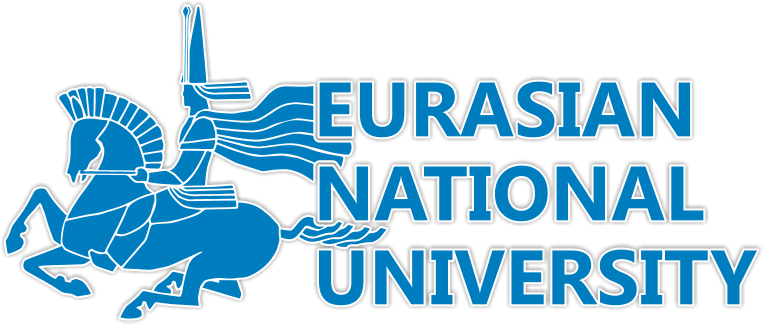Under the guidance of a.c of b.c., Associate Professor A.D. Dukenbayeva and Acting Associate Professor Ph.D. Nursafina A.Z., the candidate of biological sciences. During the educational field practice centered around the subject of "Botany," students from three groups, comprising one Russian and two Kazakh cohorts (Bg-11, Bg-12, Bg-13), actively participated. The practice was conducted at the "ARMAN" tourist and recreational center, situated in the Akmola region of Akkol city, specifically in the serene vicinity of S. Dombraly. This immersive pedagogical experience enabled students to expand and deepen their theoretical and practical knowledge, acquired through lectures and laboratory sessions, pertaining to the disciplines of plant anatomy, morphology, and plant systematics within the overarching "Botany" curriculum.
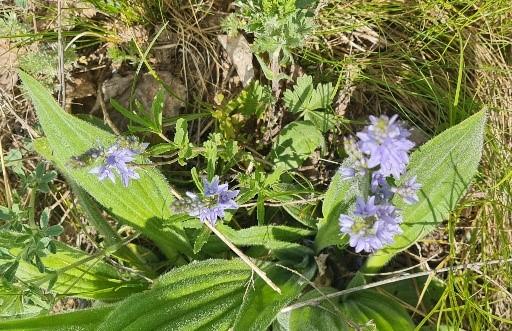 |
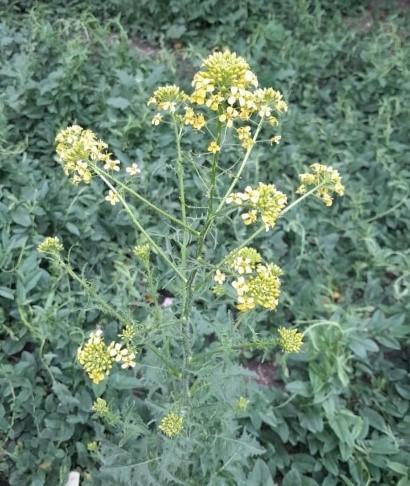 |
 |
In addition to their botanical investigations, students embarked on insightful excursions, exploring the local topographical attractions, thereby augmenting their understanding of the region's natural resources. The practical aspect of their training encompassed an in-depth exploration of plant organs, encompassing morphology, anatomy, and physiology.
Within the natural milieu, students engaged in direct observation and study of plant species and their respective taxonomic groups. They scrutinized the remarkable adaptations of plants to their environmental conditions, delineated the fundamental conservation principles underlying plant preservation, identified key plant forms and their seasonal variations, and investigated the intricacies of plant reproduction and distribution patterns. The students also demonstrated an active involvement in the study of local flora and fauna, amassing over 100 distinct plant specimens.
In conjunction with their botanical pursuits, the participating groups actively engaged in diverse recreational activities, including captivating entertainment evenings and invigorating sporting competitions. These multifaceted endeavors ensured that every moment of their field experience was intellectually stimulating and rewarding.
 |
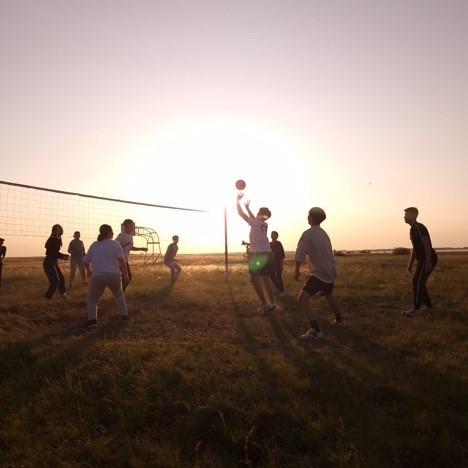 |
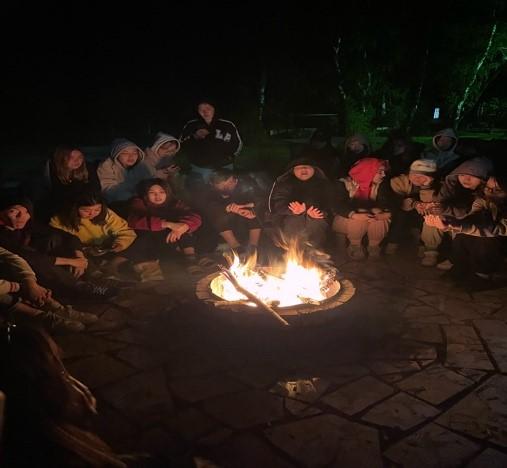 |
As a result of the field practice, students developed proficient skills in the identification of local flora and fauna, acquiring the ability to conduct comprehensive botanical assessments. Additionally, they fostered effective teamwork and communication skills, refined their data collection techniques, and conducted research in a natural setting. The envisaged outcome of these endeavors is to facilitate their professional growth and contribute significantly to the scientific community.
